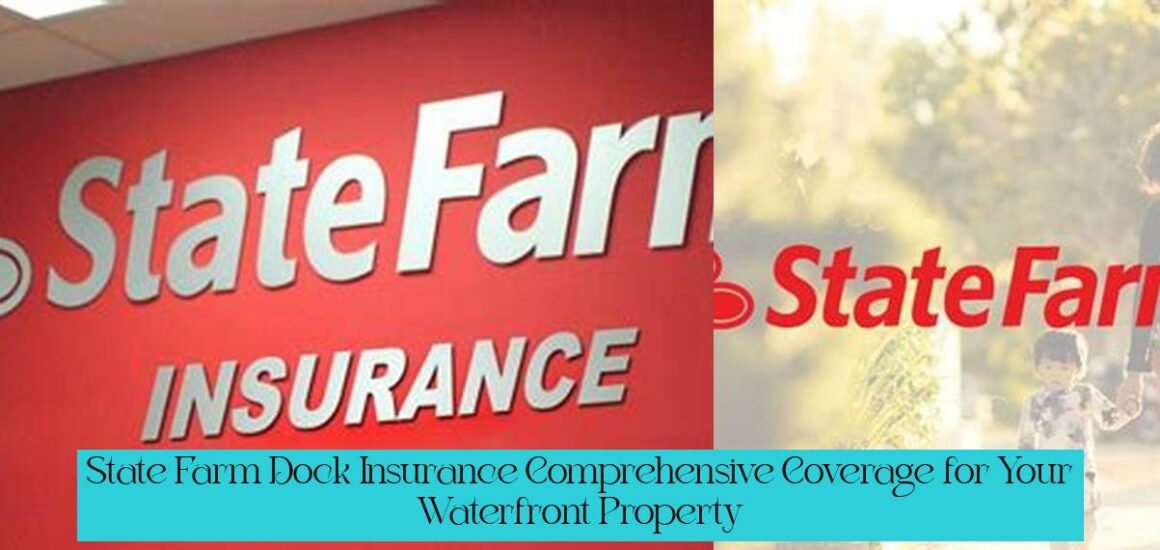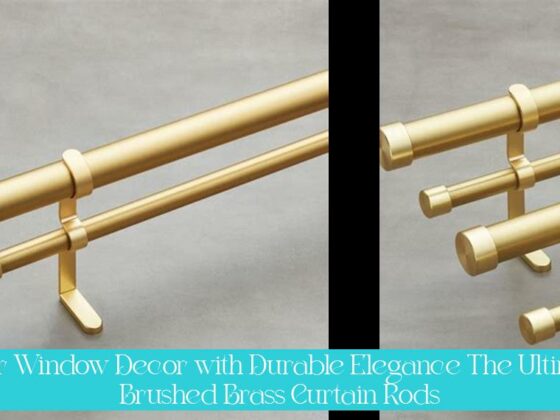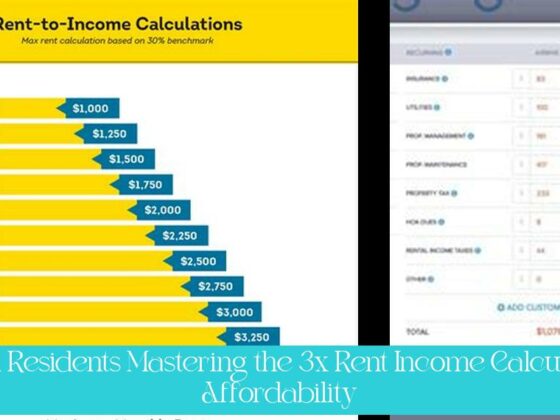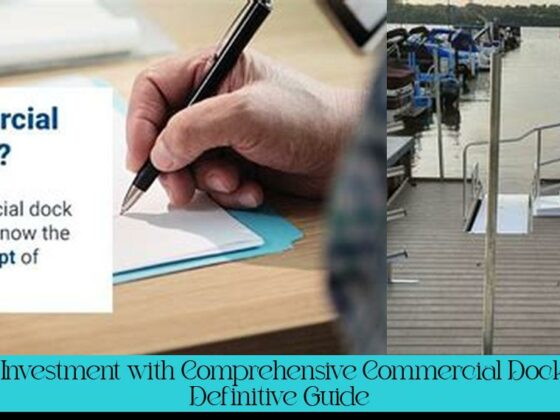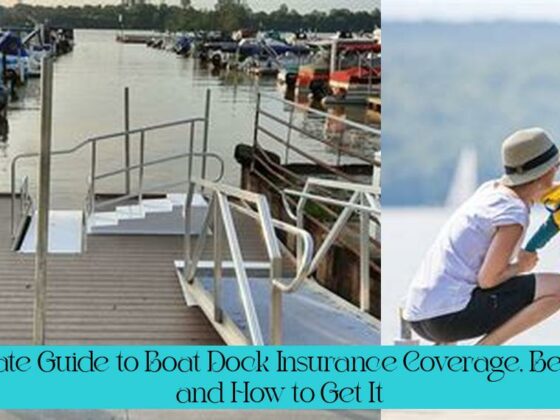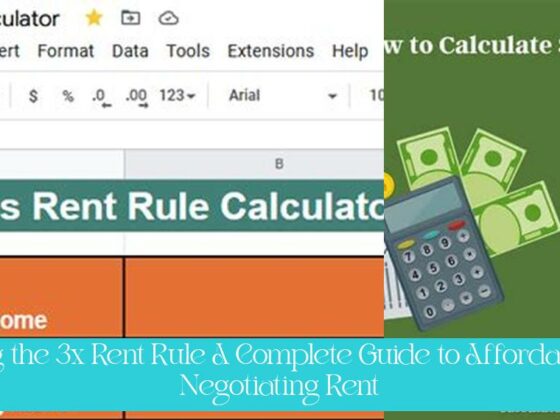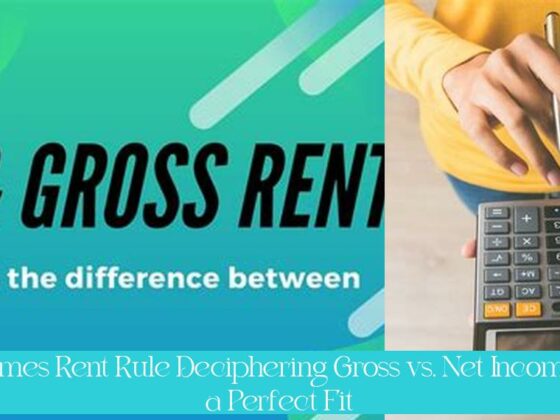Ah, the joys of waterfront living – the gentle lapping of the waves, the soothing breeze, and your very own boat dock. But wait, have you considered insuring your slice of aquatic paradise? State Farm dock insurance is here to ensure that your waterfront property remains a safe haven. Join us as we dive into the world of boat dock insurance, unraveling coverage options, exclusions, and additional tips to protect your beloved dock. Whether you’re a proud boat owner or simply enjoy lounging by the water, this guide is your go-to resource for safeguarding your aquatic oasis.
Key Takeaways
You can insure your boat dock by adding it to your homeowner’s policy through the “Other Structures” coverage feature.
Boat dock insurance is usually included in your homeowners insurance, but it must be on your own property to be covered.
Engines can be insured on replacement cost or depreciated value under a boat insurance policy.
Boat insurance generally covers sinking, but there may be some policy exclusions to consider.
State Farm may cover boat docks for wind damage but not water damage, so it’s important to review the policy details.
If you have a pier, dock, or wharf that can be removed seasonally, it could be considered personal property and be covered under your personal insurance.
State Farm Dock Insurance: Protecting Your Waterfront Property
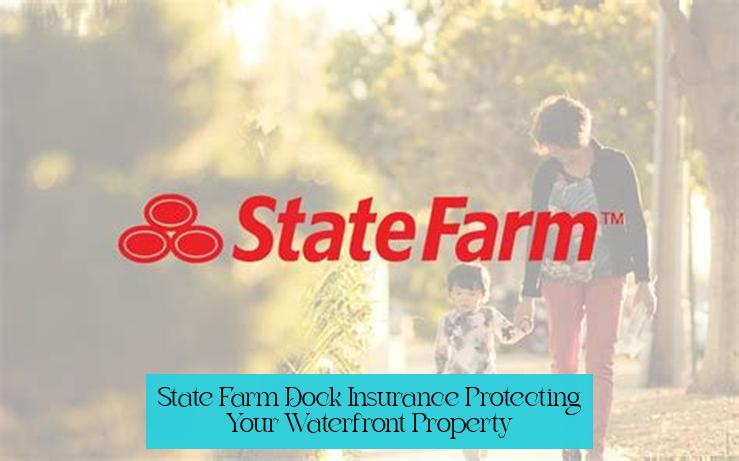
State Farm, one of the leading insurance providers in the United States, offers comprehensive coverage options for boat owners, including insurance for boat docks. Insuring your boat dock provides peace of mind, knowing that your valuable property is protected against unexpected events.
Coverage for On-Property Docks
State Farm’s homeowners insurance policies typically include coverage for boat docks located on your own property. This coverage falls under the “Other Structures” coverage feature, which protects detached structures on your property, such as garages, guest houses, and swimming pools. To ensure your dock is covered, it must be permanently attached to your property and used for recreational purposes.
Exclusions and Limitations
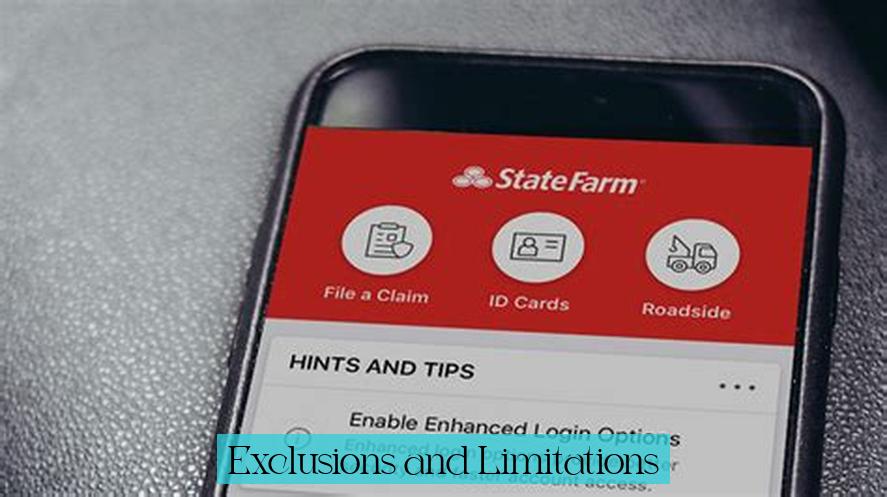
While State Farm’s homeowners insurance generally covers on-property boat docks, there are certain exclusions and limitations to be aware of:
- Water damage: State Farm’s dock insurance typically does not cover damage caused by water, such as flooding or storms.
- Rented or leased docks: Docks that you rent or lease at a marina or on someone else’s property are not covered under your homeowners insurance.
- Seasonal docks: Docks that are removable or seasonal may not be covered under your homeowners insurance.
Additional Coverage Options
State Farm offers additional coverage options for boat owners, including:
- Boat insurance: Boat insurance covers your boat, motor, and trailer against various risks, including sinking, theft, and collision.
- Personal watercraft insurance: This coverage is designed specifically for personal watercraft, such as jet skis and wave runners.
- Yacht insurance: Yacht insurance provides comprehensive coverage for larger vessels, including yachts and sailboats.
Understanding Boat Dock Insurance Coverage
Boat dock insurance is a type of property insurance that protects your boat dock from damage or loss. It is typically included as part of your homeowners insurance policy, but it can also be purchased as a separate policy.
What is Covered Under Boat Dock Insurance?
Boat dock insurance typically covers the following:
- Physical damage: This includes damage caused by storms, vandalism, fire, and theft.
- Liability: This covers you if someone is injured or their property is damaged due to your boat dock.
- Loss of use: This covers you if you are unable to use your boat dock due to a covered event.
Factors Affecting Boat Dock Insurance Costs
The cost of your boat dock insurance will vary depending on several factors, including:
- The size and type of your boat dock: Larger and more expensive docks will cost more to insure.
- The location of your boat dock: Docks located in areas with high risk of hurricanes or other storms will cost more to insure.
- Your claims history: If you have a history of filing claims, your insurance rates will be higher.
Ensuring Your Boat Dock is Covered
To ensure that your boat dock is covered by insurance, you should:
- Add it to your homeowners insurance policy: Most homeowners insurance policies include coverage for boat docks, but you may need to add it as a separate endorsement.
- Purchase a separate boat dock insurance policy: If you have a large or expensive boat dock, you may want to purchase a separate insurance policy to ensure adequate coverage.
- Review your policy carefully: Make sure that your policy covers the type of boat dock you have and that the coverage limits are sufficient.
Additional Tips for Protecting Your Boat Dock
Article populaire > Dock Coverage: Understanding Homeowners Insurance and Liability Protection
In addition to insurance, there are several other things you can do to protect your boat dock:
- Maintain your boat dock regularly: This includes cleaning it, inspecting it for damage, and making repairs as needed.
- Secure your boat dock: When you are not using your boat dock, make sure that it is securely tied down to prevent it from being damaged by storms or other events.
- Consider dock bumpers: Dock bumpers can help to protect your boat dock from damage caused by boats and other objects.
1. How can I insure my boat dock?
Answer: To ensure your private dock, you can add it to your homeowner’s policy through the “Other Structures” coverage feature. This coverage protects your property’s structure separated from the primary residence. Qualifying properties are detached garages, guest homes, in-ground swimming pools, and fences.
2. Are docks insurable in Florida?
Answer: Boat dock insurance is usually included in your homeowners insurance. But in order for your home insurance policy to cover damage to your dock, it must be on your own property. Your homeowners policy doesn’t cover a boat dock you rent at a marina or that’s on someone else’s property.
3. Can you insure just a boat motor?
Answer: Engines can be insured on replacement cost or depreciated value. If you have a boat insurance policy, it generally covers the boat, motor, and trailer against various risks, including sinking, theft, and collision.
